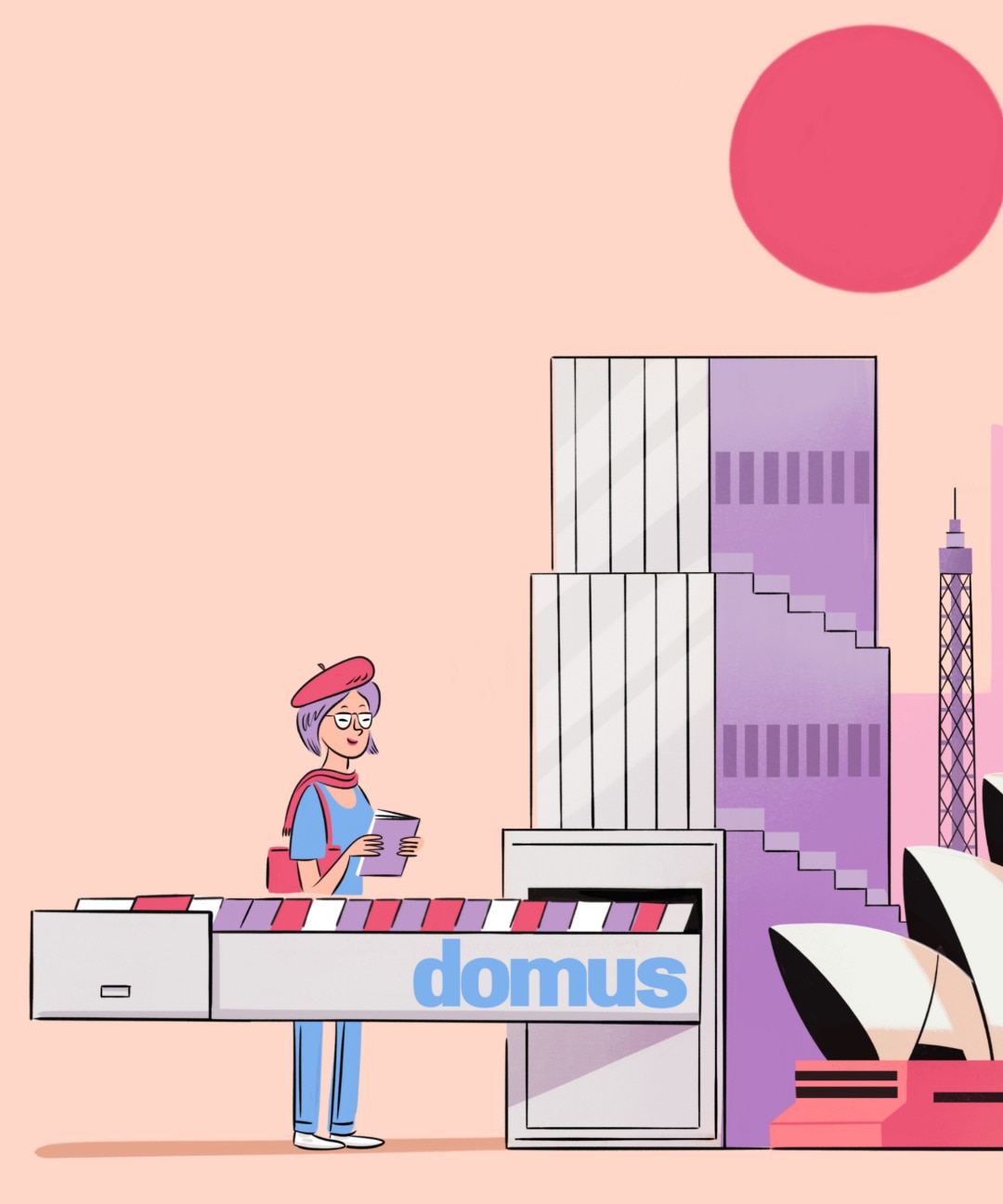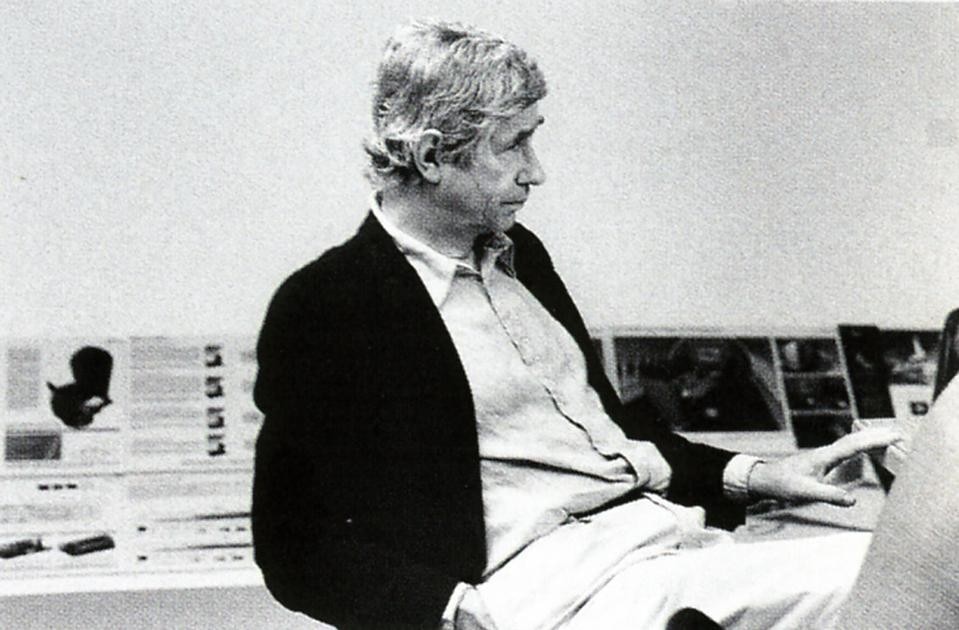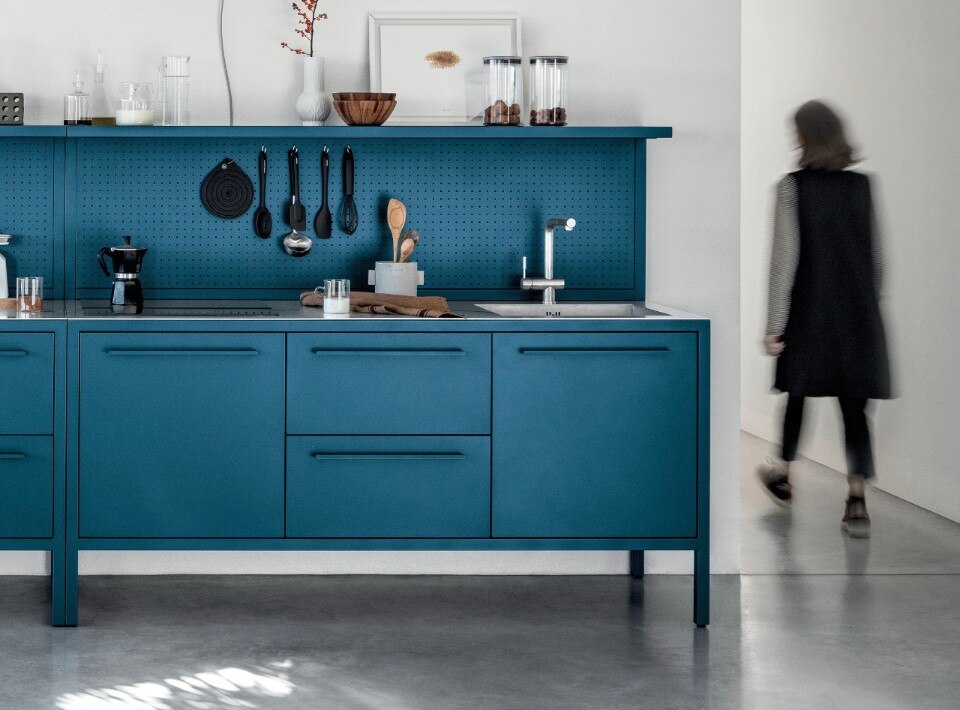A dedicated interpreter of a great tradition of avant-garde art, that of the Czech Republic interrupted by the long Stalinist domination, Kaplicky was able to renew the language of futuristic architecture, pushing it in a strongly visionary direction. His buildings and objects (a series of table for Alessi has recently gone into production), literally resemble “things from another world”, from that outer space that science-fiction always depicts as obscure and vaguely threatening but that for Kaplicky was instead a source of inspiration always new, even joyful at its best moments. Some of his important works remain to be completed, such as the Ferrari Museum at Modena and one of the new metro stations at Naples (with Anish Kapoor). In remembrance of Kaplicky, and his highly particularly humanity, the words he said himself a few years ago in an interview with British newspaper The Observer seem particularly appropriate, “... I do think a lot of creativity depends on your relationships with other people, your personal relationships, your partner or whatever. Your personal happiness or unhappiness comes out in your work, it's a reflection of your emotional state and you can't separate the two.”
It could be said that Kaplicky's happiness was earned through hard work, made up of great ideas and works, strong emotions, some disappointments (such as the competition – won and then cancelled – for the Czech National Library) and a tireless spirit of invention, defeated only by the unpredictable cruelty of fate. Stefano Casciani
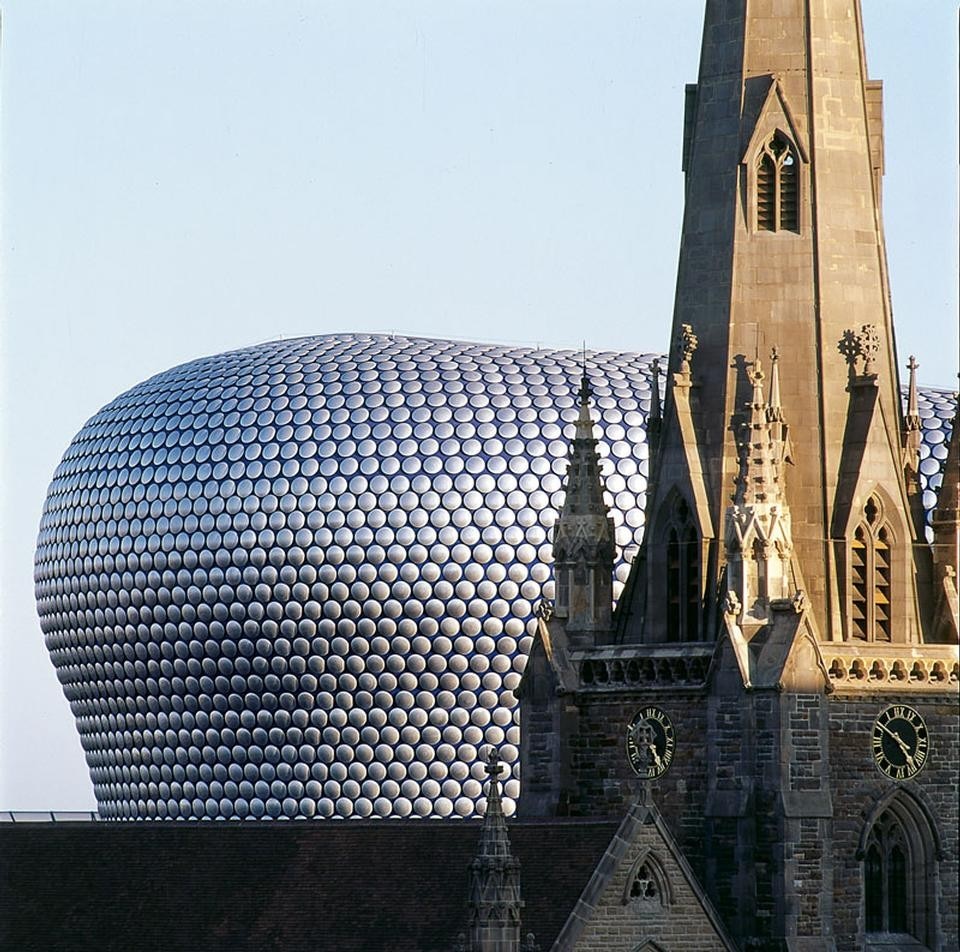
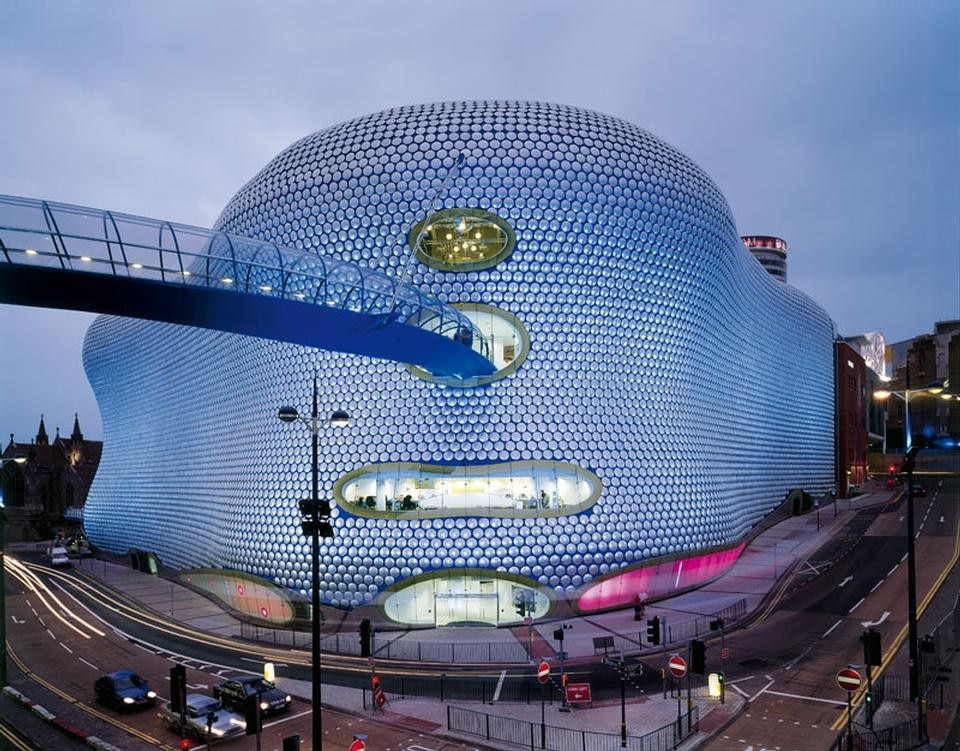
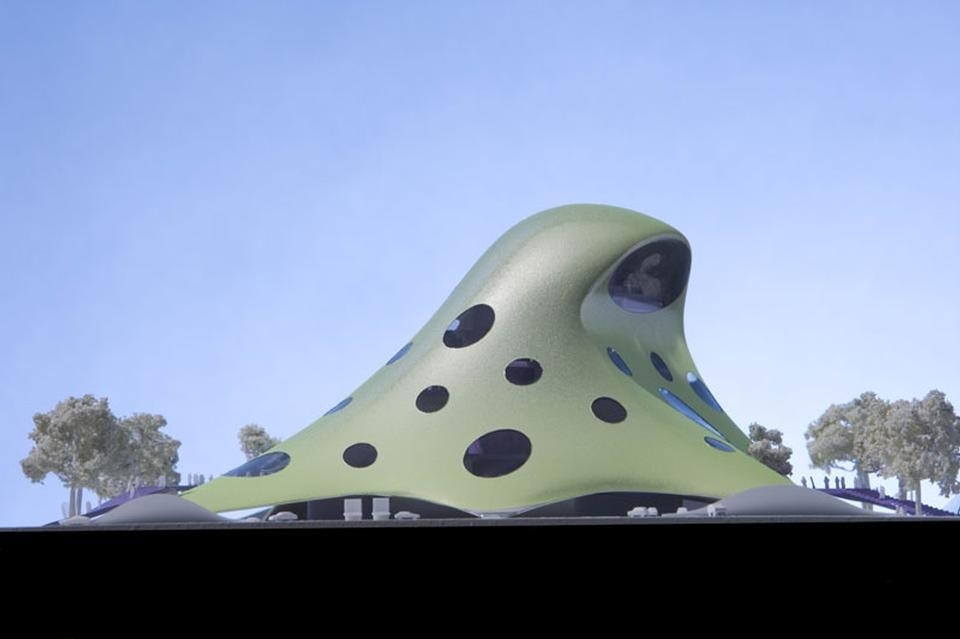
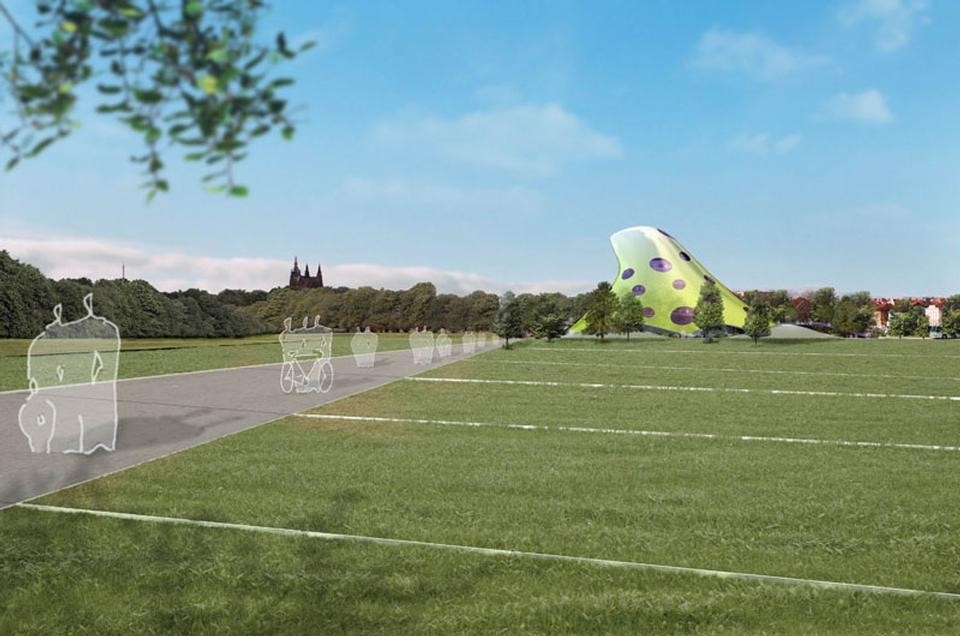
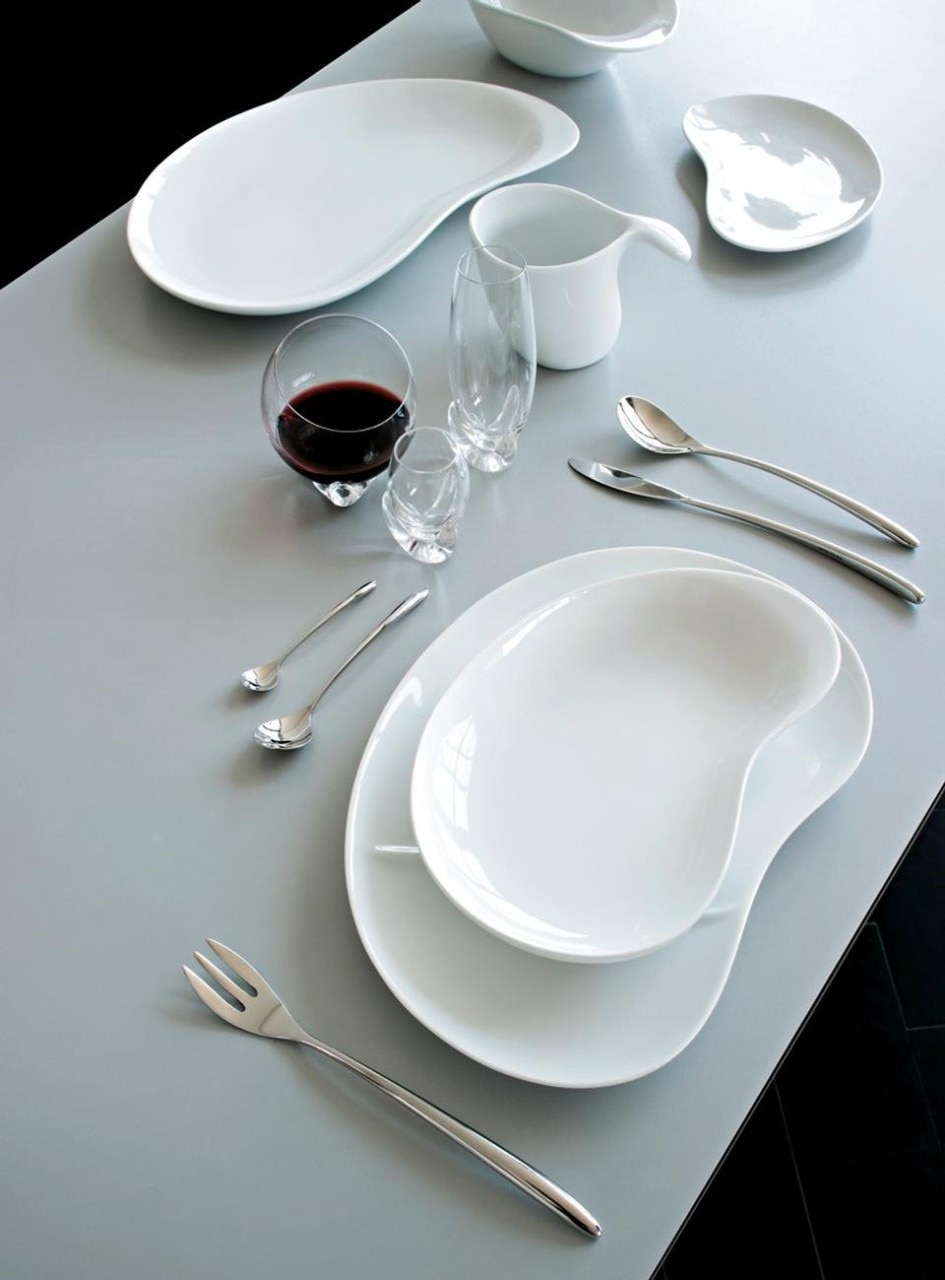

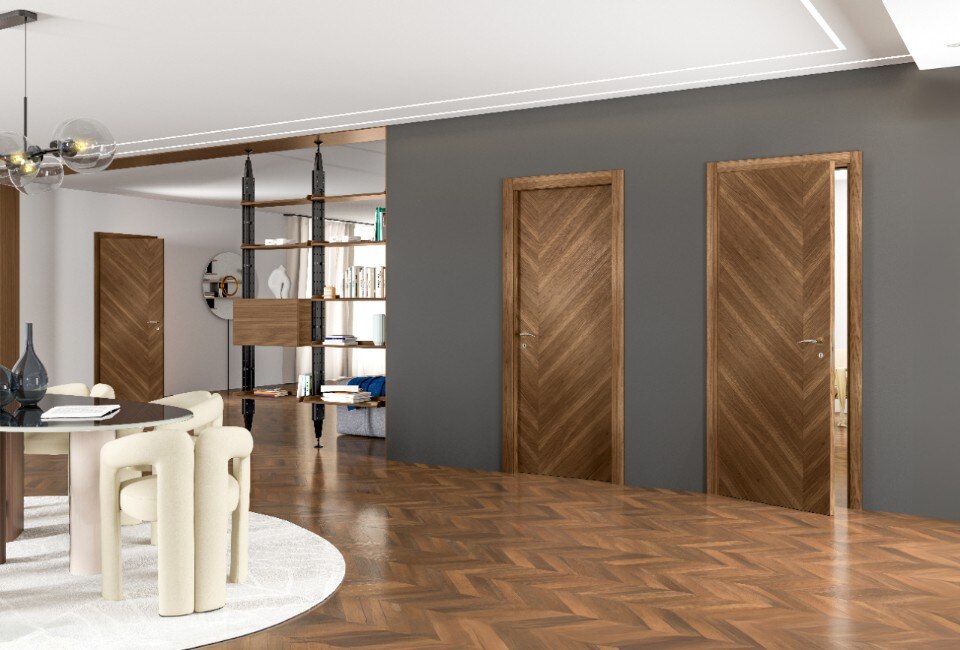
Madera: the soul of wood, nobly expressed
Madera crafts the very essence of wood through the ingenious process of precomposed veneering, resulting in surfaces of captivating visual harmony and inherent sustainability. From flawlessly coordinated color palettes to intricate inlays that whisper stories, each door stands as a genuine tribute to the natural world.


